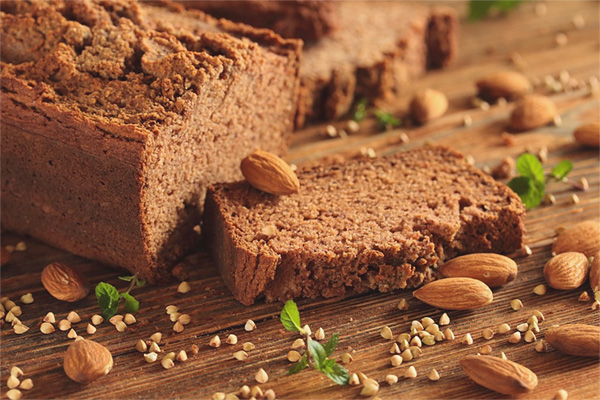For someone who has been diagnosed with celiac disease, a gluten-free diet is not just a lifestyle choice — it’s a way to avoid the complications of a real, recognized, autoimmune disease. The popularity of gluten-free diets, however, has also meant that there is some misinformation that comes with the fad.
Celiac disease is not to be confused with a food preference, even setting aside incidents of people claiming that they have food allergies when they really don’t. Perhaps around 1 percent of the US population have diagnosed celiac disease or allergy to gluten.
Gluten allergic reactions can result in the inability to absorb nutrients from food, damage to the intestine, and a higher risk of intestinal cancer — a very different situation than just plain sensitivity to gluten.
Myth #1: No bread, period.
It’s a myth that Celiacs should not eat any sort of bread or bread products.
The fact is, while Celiacs certainly must avoid wheat-based and other gluten-containing bread at all costs, some bread types are actually safe for them to eat. There are plenty of gluten-free bread choices readily available, and there are recipes for those who like to bake it themselves to make sure that their loaf is 100 percent gluten-free, as well, as Business Insider pointed out.
Myth #2: Celiacs just need to avoid wheat bread.
Someone living with Celiac disease is not just being picky about what they eat — avoiding gluten in their diet is the only known measure for the disorder.

… Read More
Click Read More to read the rest of the story from our content source/partners – The Christian Post.
